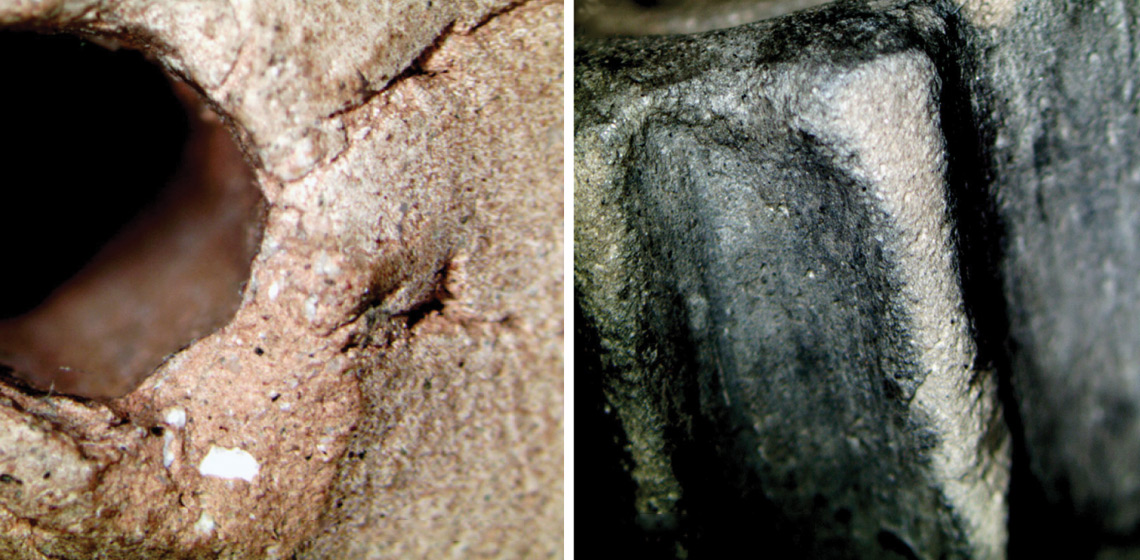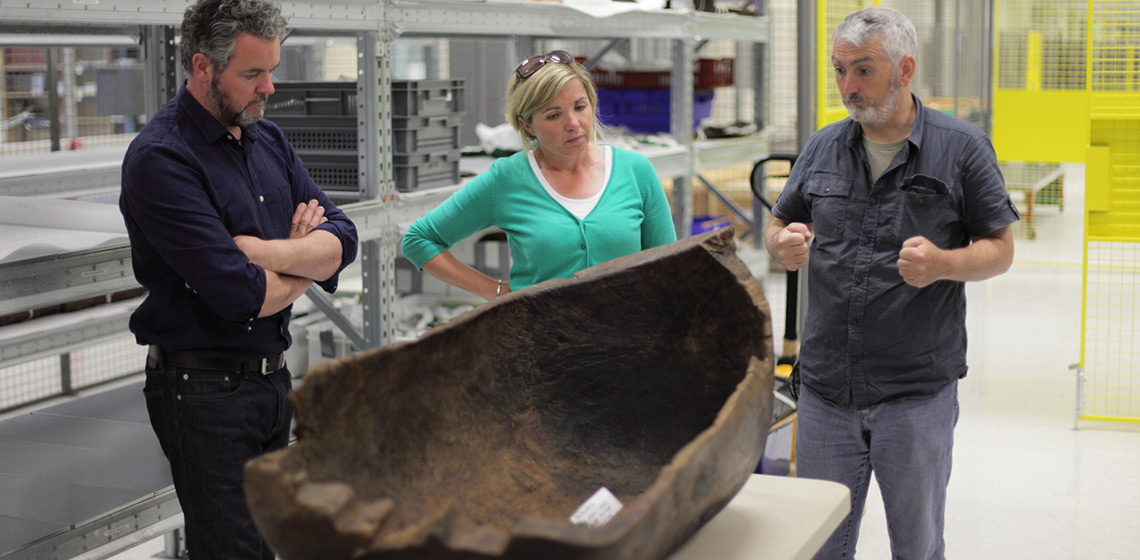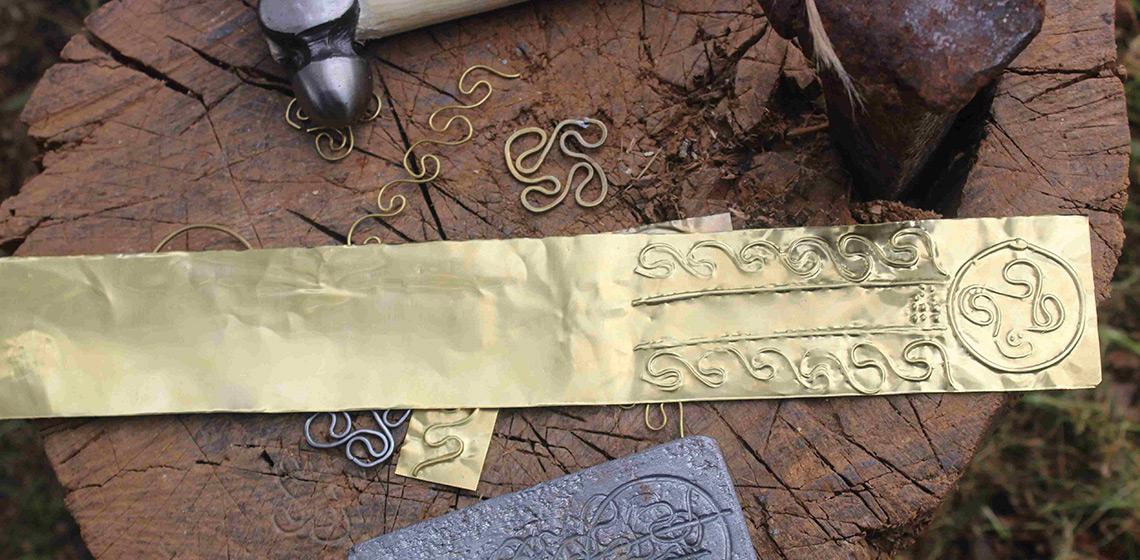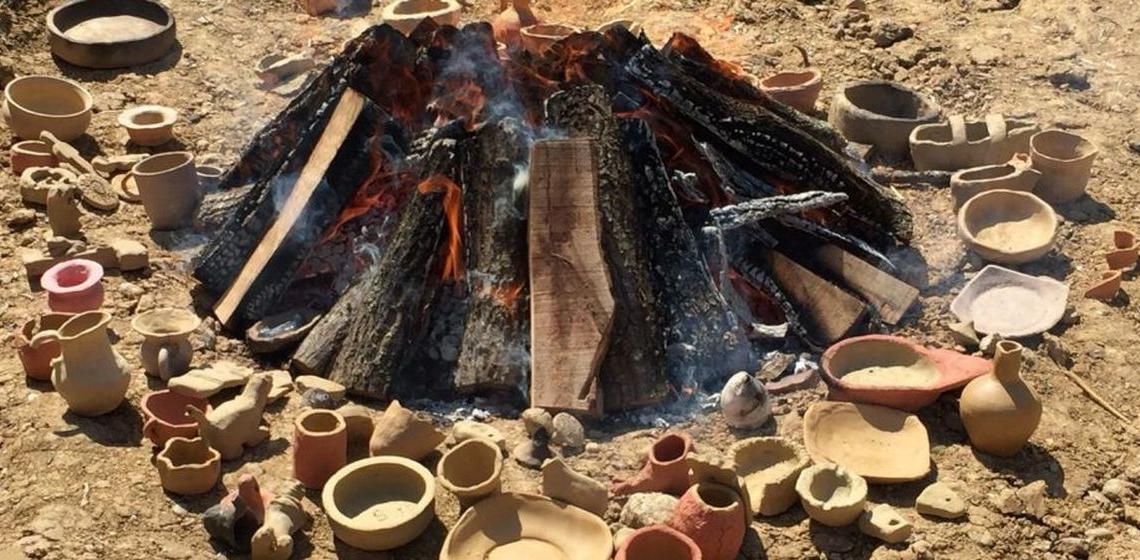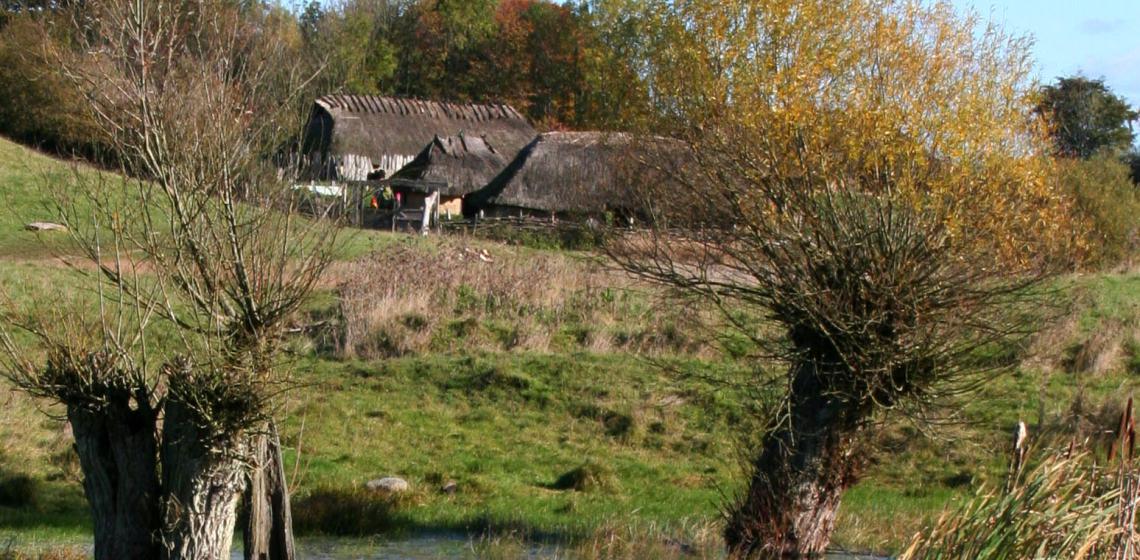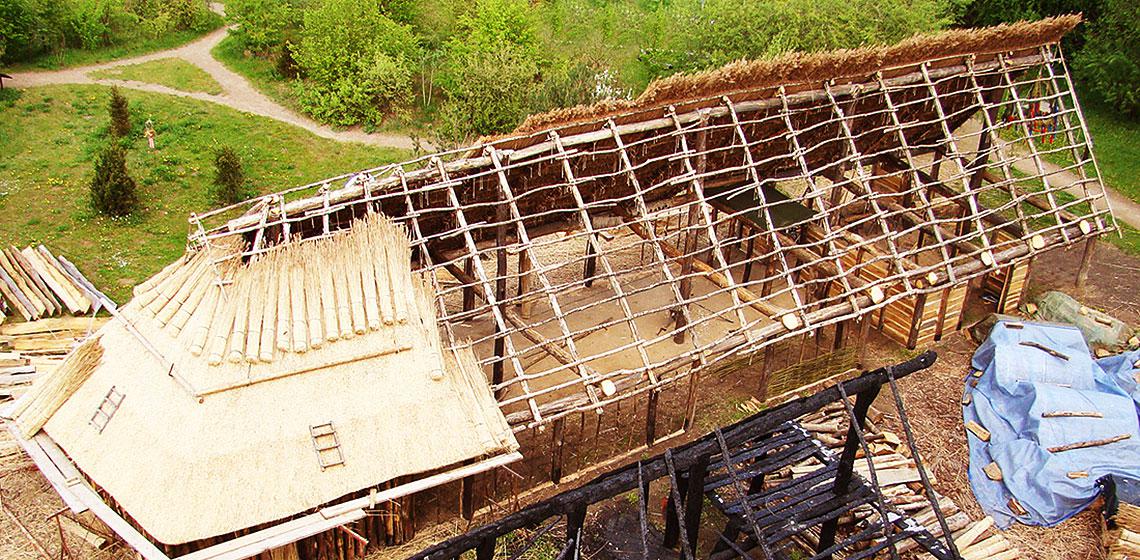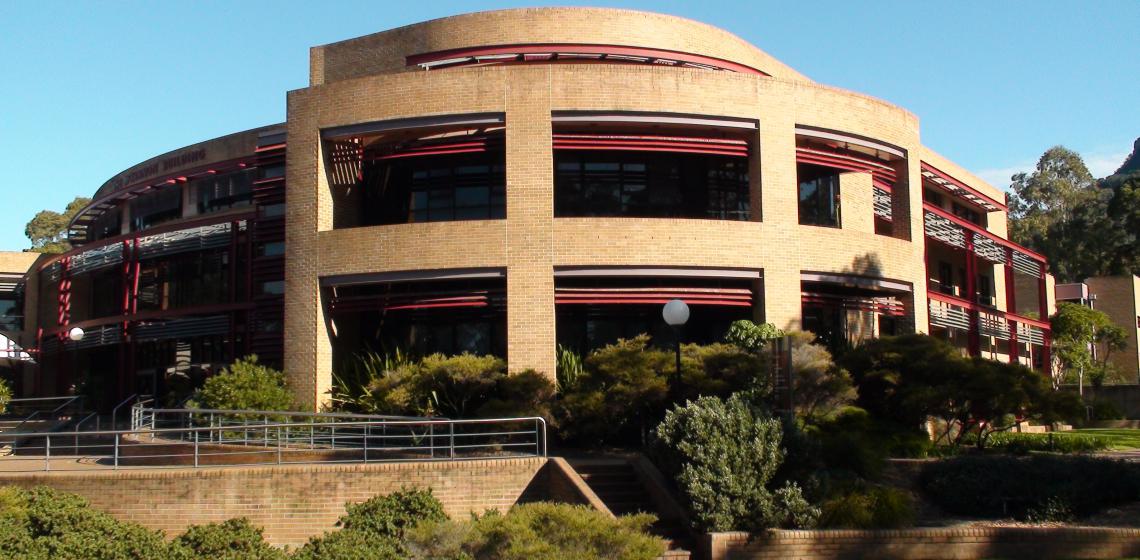The Contribution of Experimental Archaeology in Addressing the Analysis of Residues on Spindle-Whorls
Introduction
Spindle-whorls are tools used for transforming the mass of fibres into yarn. These tools can be made of a large variety of materials as ceramic, bone, wood, or glass. They can vary largely in shapes (conical, biconical, lenticular, etc…), size, and weight according to archaeological contexts and chronological period of human history.

